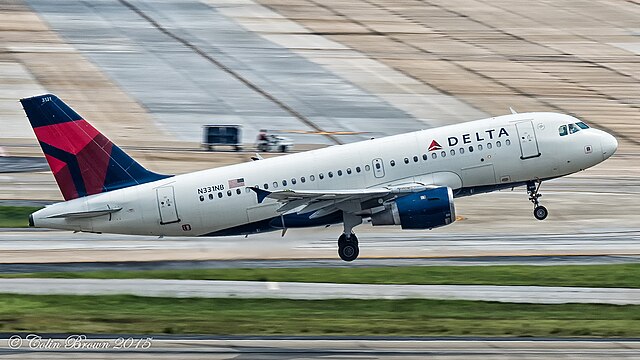Corn and climate change: Airlines make an uncertain bid to reduce emissions.

Ben Johnson -Air travel has long been proven to be one of the largest producers of carbon emissions. Indeed, the Environmental and Energy Study Institute found that if emissions from all global flights were a country, “it would rank as the sixth biggest polluter, between Japan and Germany.” In the last year, several airlines have announced commitments to reduce emissions. Most of these goals have almost exclusively proposed using ethanol, a fuel created from corn. Even as airlines herald their shift away from fossil fuels, farmers and scientists warn that this will exacerbate another quickly approaching climate disaster: the draining of the nation's aquifers.
As rainfall grows more infrequent, reliance on irrigation has dramatically increased. Thus, aquifers are being depleted at a higher rate and replenished slower. Growing corn, in particular, requires hundreds of gallons of water in order to produce a single gallon of ethanol. A shift by airlines to ethanol affects every scale, from local to global. Scale refers to the geographical extent an action has. For example, at the local level, farmers will need to transition more of their land to produce corn to keep up with demand. This will have regional impacts, including the construction of more ethanol production plants. Farmers and those working at these production centers will be forced to draw even more water from the already depleted aquifers. At the national and global levels, the United States is trying to reduce its carbon emissions. However, an even greater lack of groundwater will exacerbate climate disasters such as drought and wildfires. This issue reveals how closely connected scales are and the difficulty in finding sustainable solutions to the climate crisis.
Scales become even more complex when factoring in non-state actors, entities that range from businesses to terrorist groups. Airlines, an example of non-state actors, operate at several different scales. They employ thousands of people, affecting local and regional scales, and transport individuals worldwide, operating nationally and globally. This gives them a significant amount of influence, allowing them to shape policy at each of these scales.
Source: Colin Brown, CC BY 2.0

